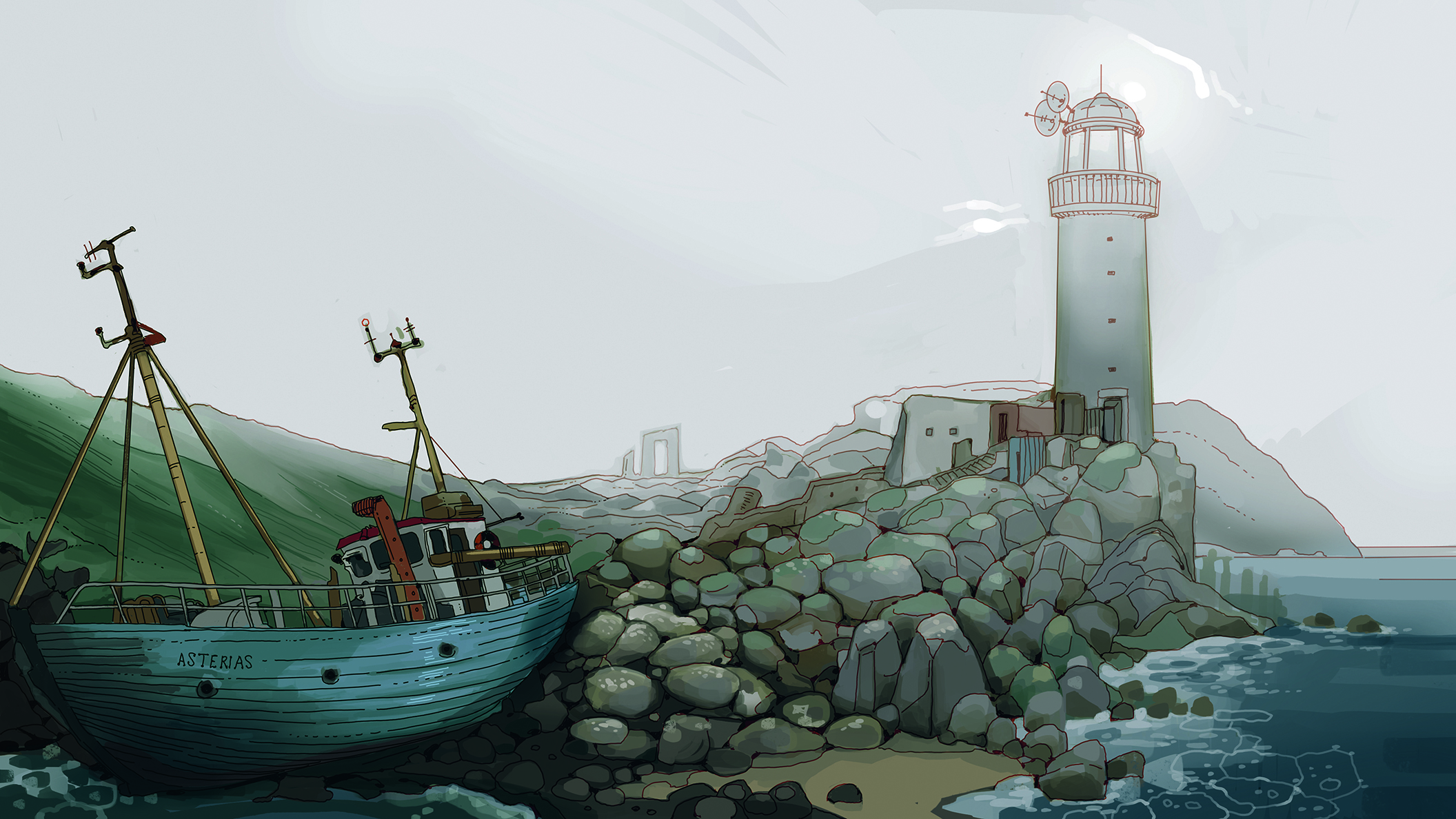I visit Cygames, the influential Japanese studio behind Granblue Fantasy: Relink, for an exclusive peek behind the scenes
"This is a company that wants to create great stories and share them, no matter how."
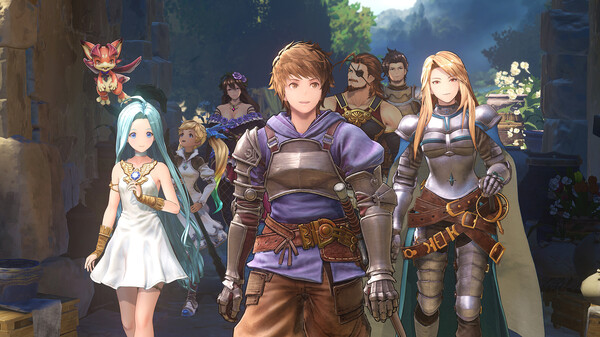
Daily design news, reviews, how-tos and more, as picked by the editors.
You are now subscribed
Your newsletter sign-up was successful
Want to add more newsletters?

Five times a week
CreativeBloq
Your daily dose of creative inspiration: unmissable art, design and tech news, reviews, expert commentary and buying advice.

Once a week
By Design
The design newsletter from Creative Bloq, bringing you the latest news and inspiration from the worlds of graphic design, branding, typography and more.

Once a week
State of the Art
Our digital art newsletter is your go-to source for the latest news, trends, and inspiration from the worlds of art, illustration, 3D modelling, game design, animation, and beyond.

Seasonal (around events)
Brand Impact Awards
Make an impression. Sign up to learn more about this prestigious award scheme, which celebrates the best of branding.
You may be more familiar with the titles that Cygames has released than you are with the company itself. But Cygames is one of the most influential Japanese gaming companies of the 21st century, with major ambitions for the future.
I’m sitting in the company’s Shibuya offices with Kazuhiro Tsuchiya and Ryuichiro Baba, two names at the heart of the company’s recent push into the console industry after years becoming a powerhouse in the Japanese mobile space. Cygames was founded in 2011 by its parent company CyberAgent with the intent of producing mobile games both licensed and as new IP that could be expanded into multimedia productions. The president and founder, Koichi Watanabe, is a self-confessed otaku, and while making sure games are successful is an obvious priority, Cygames makes sure its offerings are exciting to fans and not just chasing trends. There's also a willingness to ensure titles and series are delayed for perfection rather than compromise quality.
Nowadays the company is one of the biggest in Japan with over 3,000 employees in the gaming sector alone while also running its own film, anime, events and other initiatives. We also visited its mocap studio recently, which we were in awe of.
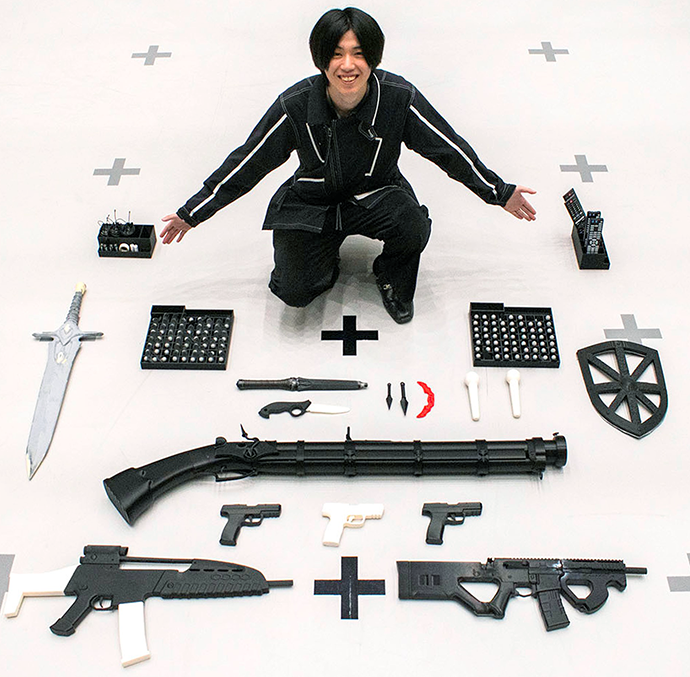
In terms of gaming, however, the company has three distinct focus points. The core of the company is in Tokyo in the offices I found myself in during late August, and as the original studio this is where much of the mobile games the company is known for first came into existence. Everything from its first original IP, a digital card game Rage of Bahamut, its first licensed title, Idolm@ster Cinderella Girls with Bandai Namco, all the way to its biggest hits like the long-running Granblue Fantasy RPG franchise currently in its 12th year of operation, Dragalia Lost, the now-shuttered mobile game produced with Nintendo, and Uma Musume, one of its latest projects and the record holder for the highest-grossing game in a 12-month span at $2 billion.
In just a decade, Cygames became one of the most influential players in the mobile space, but to make their ideas and franchises endure, the team had to think large
In just a decade, Cygames became one of the most influential players in the mobile space, but to make their ideas and franchises endure, the team had to think larger. To stick to one medium and platform is to limit yourself, and beyond holding in-person fan events, the company focused on making sure its stories could span across mediums. Cydesignation and Cypictures brought Rage of Bahamut and Granblue Fantasy into the world of anime with major hits, and Uma Musume debuted in anime form before the game, helping to build excitement before that game’s explosive debut. Now it tells new stories in this world in film, manga and more.
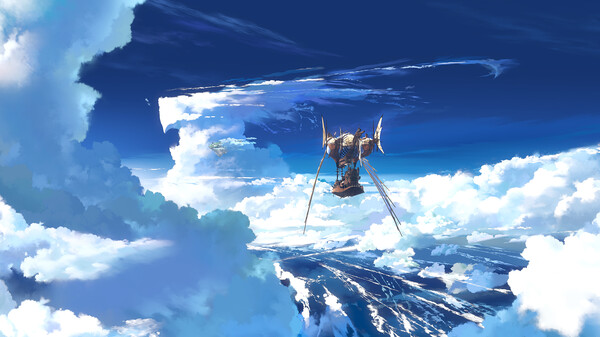
It’s also why the company has begun expanding heavily into the AAA and home console and PC gaming space. The Cygames Osaka studio, home to the largest motion capture studio of its kind in Japan, is an asset in this growth as a studio dedicated to this work with the motion capture building purpose-built for these efforts. Not just a new frontier for its games, it’s a space that will help its titles resonate globally in regions where such titles dominate the conversation in ways mobile gaming does not. For while Granblue Fantasy has an English release of its mobile game and anime, the series is more popular in recent years outside of Japan than ever in part thanks to the success of the Granblue Fantasy Versus fighting game with Arc System Works (now a regular at EVO fighting game events) and this year’s expansive console RPG Granblue Fantasy Relink.
With Relink in particular, the first internally-developed AAA project to be released from the studio (find out how it was made with our Granblue Fantasy Relink interview), it was a statement of intent. For the first time on a global stage, this was a showcase of what the studio was capable of achieving in the realm of games, and positive reviews and sales for the title suggest such a statement was well-received by players. It’s a core pillar of the company’s future, and the focus of our conversation.
Daily design news, reviews, how-tos and more, as picked by the editors.

“It was initially the company president, Koichi , who decided we should make console games,” starts Ryuichiro. “When the company started in 2011 it was a time when mobile games in Japan and around the world were in the ascendancy, but even then, one of the big things that Koichi wanted to do was to make console games, from what I’ve heard.”
Both Kazuhiro and Ryuichiro joined the company after the decision was made to initially make the jump into console game development, but soon became responsible for steering this aspect of the company. Ryuichiro continues, “[When deciding to turn Grablue Fantasy into one of the company’s first console projects] we considered the company’s identity from its early works and a lot of that was defined by fantasy and classic RPGs, including Granblue. Plus, while it was a popular IP in Japan, it was also at least partially known internationally, which made it feel like a good showcase for the company.”
It was a considered approach for the company, and though work on the game began before either joined the company, the duo helped oversee the title once it was brought internally having originally begun life under Platinum Games, and served as a safe and experienced pair of hands in these early turbulent years of console game development.
Kazuhiro started their career in games in 1992 and worked on their biggest franchises from Mega Man to Street Fighter as everything from an engineer to director to producer before joining to lead Cygames’ console production in 2021. Ryuichiro joined spent decades working for Bandai Namco before now sitting on the board at Cygames as the overall head of console operations, leading this growing but young division inside an already-young but increasingly-influential company.
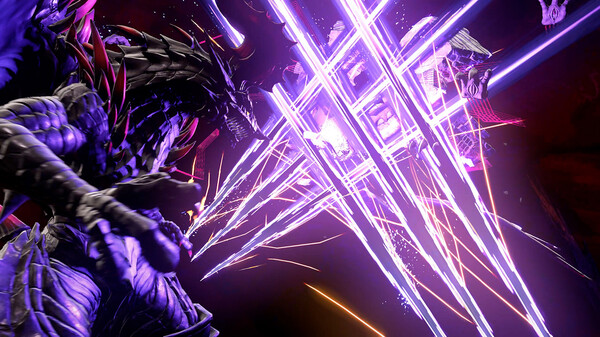
For Ryuichiro, they’d known Koichi for a long time, and the concept of a new challenge excited the veteran creator. “Not just for me at Bandai Namco but across the games industry, as titles get bigger and projects expand, a lot of long-time creators are seeking out new challenges. For me, I always saw Cygames as an interesting company even from the outside, and I already knew Koichi from working on a project together over 20 years prior, and it seemed like a good chance to try something new.”
Similar could be said for Kazuhiro, also. “I’d worked for Capcom for 30 years on titles like Mega Man, and games take so much longer to create than they used to. Because of that I was wondering what I really wanted to do as a next project since it could take years to come to fruition, and though I had a great time at Capcom I was seeing lots of creators around the world beginning to work on games or their own or do their own thing and wanted to find a new challenge. But I’d known Ryuichiro for about 10-20 years at this point, and he started to talk to me at this point with Koichi about this console idea and this new challenge and it seemed like something that would be great to take on and shape.”
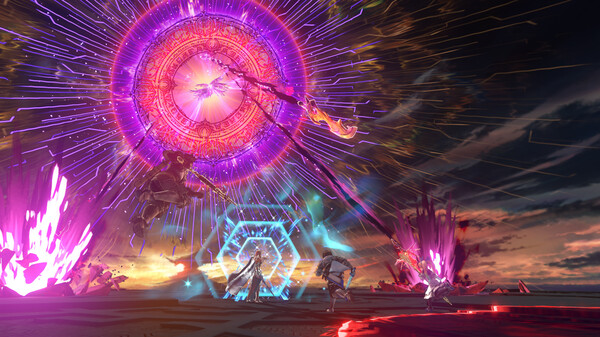
The company first announced its intent to move into console gaming in 2016 with a concept for a yet-to-release but still-in-development title named Project Awakening. Although updates on the title are sparse, the company listed it on its recent financial statements as a TBA title still in development and have showcased footage on numerous occasions, most recently in 2021. Project GAMM, now Garnet Arena: Mages of Mastery is another original IP bringing the internal talent of the studio together with Mogumo, a character designer known for her work on the incredibly successful most recent entry in the Mobile Suit Gundam franchise, The Witch from Mercury.
It was always our aim to make titles in-house
Ryuichiro Baba
The company sees it as a space to create new IP from the ground up that can stand with their mobile giants or later be integrated into the rest of the company, but this process can work in reverse, also. Granblue Fantasy Relink was an attempt to tell a new story in this world from the established expansive world of that franchise, and the console division is not solely limited to major projects either. Little Noah: Scion of Paradise was a digital title that repurposed assets from their shuttered Battle Champs mobile game, and August was the global release for the pixel art party title Uma Musume: Party Dash.
“When we first moved into console game development we didn’t have a large team, so worked on a lot of projects with external partners [such as Granblue Fantasy Relink], but it was always our aim to make titles in-house.” explains Ryuichiro. “Ultimately although games are our central business we’re a multimedia business that covers the entire breadth of the entertainment industry, so we can do some things that wouldn’t be possible otherwise. Because hardware is more complex, games take a lot longer to make and the amount of titles released by each publisher has decreased. Rather than simply work a long time on one title and it’s done, while working on a game we can release an anime, make figures, do merchandising to keep people interested, and ensure people can have fun beyond just the game itself.
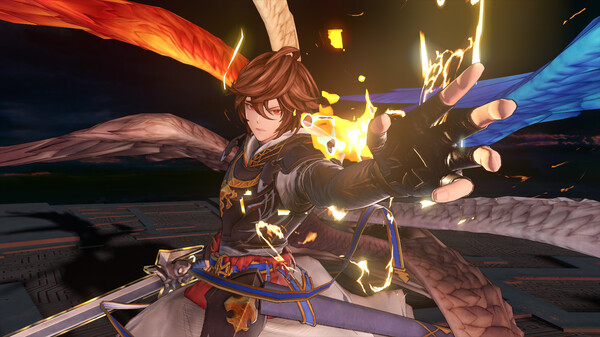
"It takes five years or more to make a game, and for console and mobile games it takes longer. Rather than just waiting for that we can do smaller titles, other projects, and ensure everyone remains interested in our work and that’s important. It’s something I also did at Bandai Namco, where we worked with Shueisha to make comics and anime and figures.”
Global ambition is also certainly a part of what defines their console titles. Whereas many of its mobile titles remain exclusive to Japan and released internationally on a title-by-title basis – Uma Musume has released in some East Asian regions including South Korea and will release in English in 2025 – anime has global appeal that brings awareness to the Cygames brand, while console games explicitly target international audiences.
As the company increases its console production, we see the global ambitions of the studio grow. New teams to support international releases have popped up in America, Europe and more, while the console team has expanded and been provided the tools needed to ramp up their future plans. While its absence from the 2024 Tokyo Game Show was notable in a year the company found great success with Granblue Fantasy Relink but lack any release dates or even plans for titles in the coming months to capitalise on this attention, it’s fair to say the company sees console as a core asset of its future plans.
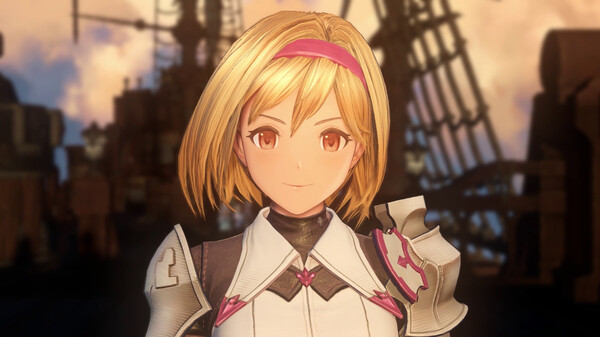
Cygames is a rare studio that houses multimedia production under one roof
But it’s not the only area the company seeks to grow within. Cygames is a rare studio that houses multimedia production under one roof, with its own event planning, manga and anime production and more. Its motion capture studio allows not just for the company to bring greater realism to mobile and console games, but for everything from TV and film production to fun YouTube videos. If the team has an idea that could work well in another media and wish to integrate a game’s release to a new anime, as the studio did with season 2 of Uma Musume and the mobile game, there’s no need to worry about finding an external studio to work with. It’s all here.
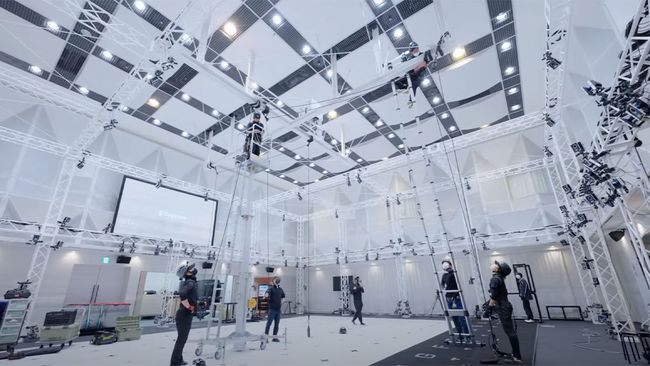
As much as console gaming is key to turning its domestic success stories into global power, the company is already one of the biggest gaming companies in the Japanese industry because of its strength in mobile gaming and understanding of how to turn a cool idea into a multimedia powerhouse. Ideas come first at Cygames, and having experience in all fields allows such ideas can pass through mediums before finding the right home. The company defines itself by its otaku passion, and leaving the library piled high with books, films and games from history and contemporary artists in a range of styles, stories both its own and from the most influential names, this is a company that wants to create great stories and worlds and share them, no matter how.
Whatever direction Cygames takes in the coming years, however its console division or other areas expand, you can guarantee one thing. A good idea will at least get a chance.
Find out more about Cygames.
And if you want to try creating games yourself, see our best laptops for game development.
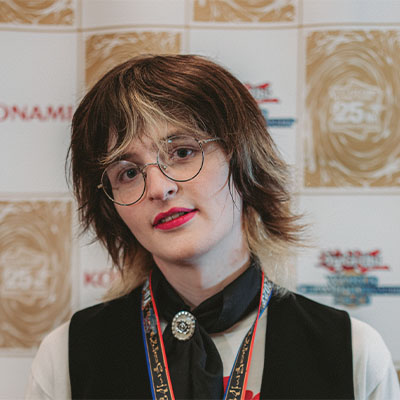
Alicia Haddick is a journalist based in Japan focused on exploring the Japanese entertainment industry from gaming to film to animation and more. They share their work within journalism and beyond on their social media and website. If they’re not working, expect them to be lost somewhere in a theatre or cinema, or walking through Tokyo’s urban sprawl.
